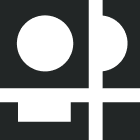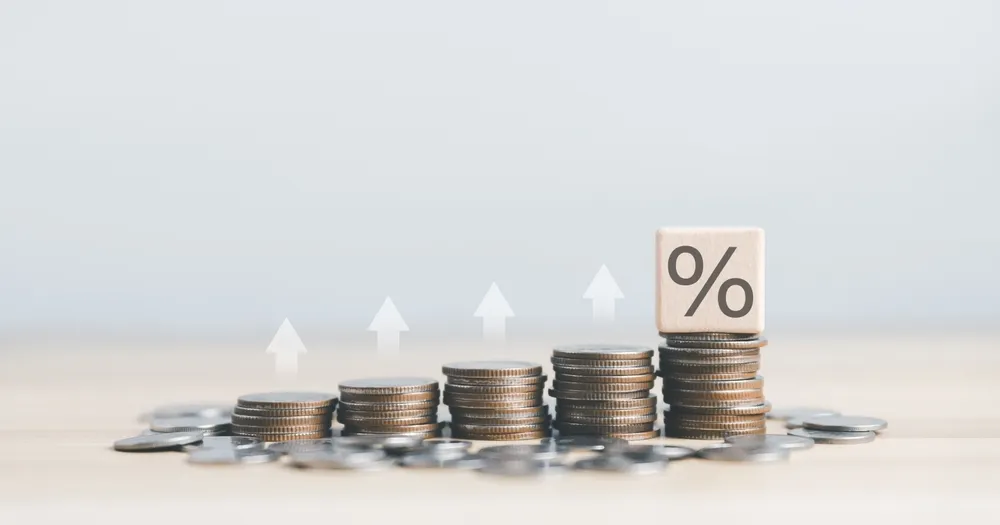If you run Facebook (Meta) campaigns, chances are that custom event optimization is all too familiar to you. Optimizing your campaigns with custom events is a powerful approach to fine-tuning your campaigns so they best fit your specific goals — not just the options that Meta provides. But, like anything “custom,” they take a little more effort to thoughtfully design and implement.
But what is an “event” in this context, and how can you select the right ones to make sure your campaign optimization will suit your marketing needs? First, let’s define some key terms and then walk through some tips for making the most of this approach.
Defining Custom Events for Optimization in Meta
Let’s first level-set on how Meta defines an event. Overall, events are actions or activities that people do on your website. Events can be one of two types:
- Standard events: Predefined/off-the-shelf events easily recognized for tracking and optimization. These events are “pre-loaded” into your Meta Business Manager and include events like leads, adding to cart, scheduling, subscribing, and so forth.
- Custom events: Events that aren’t defined within “standard” presets. Custom events are more specific to your business. An example of a custom event could be a “Time on Page” indicator.
Custom events are valuable for several reasons. First, they’re more specific to your business. You can be sure you’re working toward your precise goals instead of just accepting the cookie-cutter events provided by Facebook. In addition, you can seamlessly optimize your marketing campaigns to your organizational KPIs that may not be standard within the Meta Business Manager. Finally, you can use custom events to create audiences that align with these KPIs.
As your Facebook and Instagram campaigns run and optimize for this custom event, Meta builds look-alike audiences of people similar to those who converted on the custom event.
Three Tips for Custom Event Optimization
To be sure, customizing things is great, but you need to decide what customization best suits your campaign and needs. Here are three considerations as you chart your path forward with this optimization on Facebook and Instagram.
1. Be Specific With Events
The purpose of custom events is to be specific to your business. Of course, you might not need a custom event if you can’t select one that reflects trends in your website usage or the type of conversion events that drive larger or faster purchases. In that case, a standard event could work for your goals.
2. Be Proactive Through Predictions
Advertisers from all kinds of companies, as well as app developers, are adopting the use of predictive events to create custom Facebook optimizations based on what will happen in the future. With predictive events, advertisers can optimize campaigns around the predicted 30-day value of a customer, using information on what happens on day 1 or day 2 of an ad campaign.
For mobile apps and companies reliant on their apps’ data, the number of events passed back to advertisers was limited by the introduction of SKAdNetwork in iOS 14. Without a doubt, that limitation has made optimizing campaigns with custom events through predictive analytics especially appealing.
Thanks to AI and machine learning, platforms like Pecan AI provide a new wave of tools for advertisers, app developers, and mobile gaming companies. For example, some of our case studies demonstrate how we’ve helped brands navigate custom event optimization for their campaigns. We’ve also helped them overcome the limitations of SKAdNetwork.
3. Be Efficient With Automation
When creating custom events, be sure to create and align custom conversions. It’s important to realize that this alignment will allow you to leverage auto-optimizations that are native features of the Meta Business Manager.
Furthermore, platforms like Pecan AI come with various pre-built data connectors. These data connectors allow you to push custom audiences to your MMP or directly into Meta so you can start enriching your campaigns and building look-alike audiences on predictive values.
We hope you enjoyed this post. If you’d like to learn more about Pecan AI and how predictive analytics can help you get more out of your Meta campaigns and custom event optimization, feel free to contact us or schedule a demo.
We’re here to help you and your marketing team take the next steps toward AI adoption. Get in touch for a quick, easy use-case consultation.



